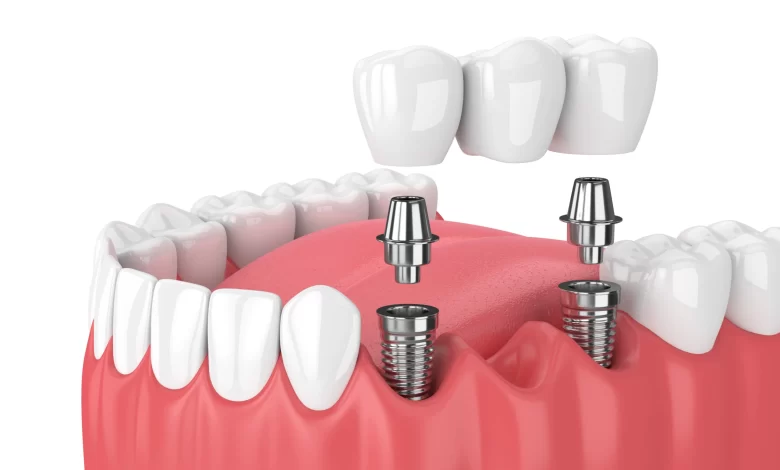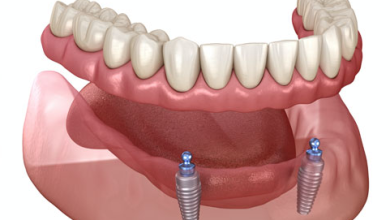From Gums to Grins: How Periodontists Enhance Dental Implant Success

In the world of modern dentistry, dental implants have revolutionized the way we restore missing teeth. However, the success of these implants heavily relies on the health of the surrounding gum and bone tissues. This is where periodontists, the dental specialists in gum health, play a crucial role. In this article, we delve into the vital contributions of periodontists in enhancing dental implant success.
Understanding Dental Implants:
Dental implants are prosthetic teeth roots made of titanium or titanium alloy that are surgically inserted into the jawbone. These implants serve as sturdy anchors for replacement teeth such as crowns, bridges, or dentures. Unlike traditional tooth replacement options like dentures or bridges, dental implants offer a long-term solution that closely mimics the natural tooth structure, providing stability, functionality, and aesthetics.
The Importance of Periodontal Health:
Periodontal health refers to the condition of the gums and supporting structures of the teeth, including the bone. Healthy gums are essential for successful dental implant procedures as they provide the necessary foundation for implant stability and integration with the jawbone. Any underlying periodontal issues such as gum disease or bone loss can compromise the success of dental implants.
Role of Periodontists:
Periodontists are dental specialists who focus on the prevention, diagnosis, and treatment of diseases that affect the gums and supporting structures of the teeth. They undergo extensive training beyond dental school, equipping them with the expertise to address complex periodontal issues.
Pre-Implant Evaluation:
Before proceeding with dental implant placement, a thorough evaluation of the patient’s periodontal health is essential. Periodontists assess the condition of the gums and bone through clinical examinations and diagnostic imaging techniques such as X-rays or CT scans. Any existing periodontal disease or bone deficiencies are identified and addressed prior to implant surgery.
Gum Disease Management:
If gum disease is present, periodontists employ various treatment modalities to manage and eliminate the infection. These may include scaling and root planing to remove plaque and tartar from the tooth surfaces and below the gumline, as well as surgical procedures such as gum grafting to restore lost tissue.
Bone Augmentation:
In cases where there is insufficient bone volume to support dental implants, periodontists perform bone augmentation procedures to augment the existing bone structure. This may involve bone grafting techniques where bone graft material is placed at the implant site to stimulate new bone growth and enhance implant stability.
Soft Tissue Management:
Achieving optimal aesthetics around dental implants requires proper management of the soft tissues surrounding the implants. Periodontists employ techniques such as soft tissue grafting to enhance the contours of the gums and create a natural-looking smile.
Implant Placement:
During the surgical phase of dental implant placement, periodontists ensure precise placement of the implants within the bone to optimize stability and support. Factors such as bone density, implant size, and location are carefully considered to achieve predictable outcomes.
Post-Implant Care:
Following implant placement, periodontists provide comprehensive post-operative care to promote healing and prevent complications. Patients are instructed on proper oral hygiene practices and may undergo regular follow-up appointments to monitor the healing process.
Long-Term Maintenance:
Periodontists emphasize the importance of long-term maintenance of dental implants through regular dental check-ups and professional cleanings. Monitoring the health of the gums and supporting bone ensures the longevity of the implants and overall oral health.
Conclusion:
In conclusion, the success of dental implants relies heavily on the expertise of periodontists Ontario in managing the health of the gums and supporting structures of the teeth. From pre-implant evaluation to post-operative care, periodontists play a vital role in enhancing the longevity and success of dental implant treatment. By addressing underlying periodontal issues and ensuring proper implant placement, periodontists contribute to restoring not only smiles but also confidence and quality of life for patients seeking tooth replacement options.




